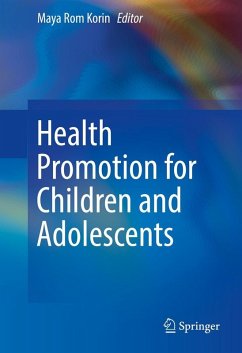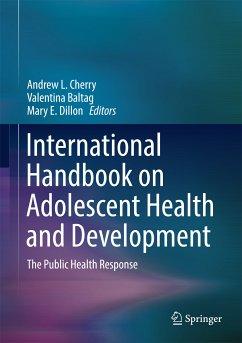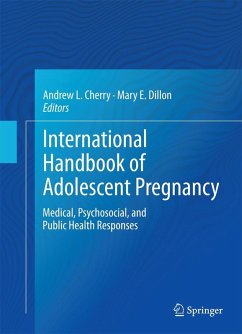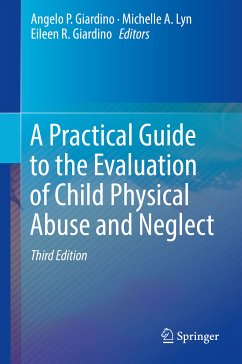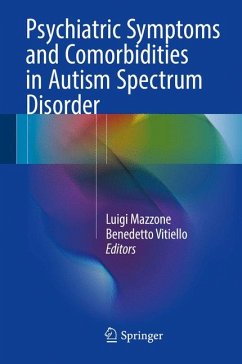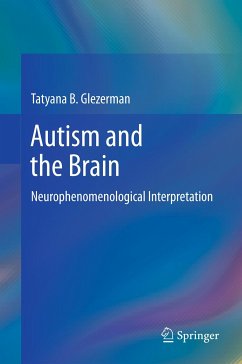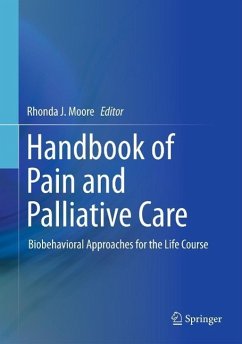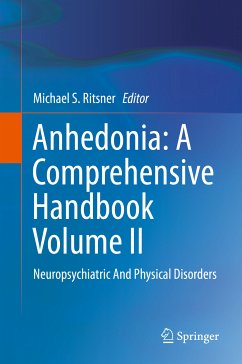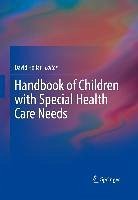
Handbook of Children with Special Health Care Needs (eBook, PDF)
Versandkostenfrei!
Sofort per Download lieferbar
256,95 €
inkl. MwSt.
Weitere Ausgaben:

PAYBACK Punkte
128 °P sammeln!
Children with chronic conditions, developmental disorders, and birth defects represent a sizeable minority of American children-as many as one in five. Often their families have financial or other issues limiting their access to appropriate care, thus limiting their adult prospects as well. Compounding the problem, many valuable resources concerning this population are difficult to access although they may be critical to the researchers, practitioners, and policymakers creating standards for quality care and services. In response, the Handbook of Children with Special Health Care Needs assembl...
Children with chronic conditions, developmental disorders, and birth defects represent a sizeable minority of American children-as many as one in five. Often their families have financial or other issues limiting their access to appropriate care, thus limiting their adult prospects as well. Compounding the problem, many valuable resources concerning this population are difficult to access although they may be critical to the researchers, practitioners, and policymakers creating standards for quality care and services. In response, the Handbook of Children with Special Health Care Needs assembles research, applied, and policy perspectives reflecting the range of children's problems requiring special services. Widely studied conditions (e.g., communication disorders, substance abuse) and those receiving lesser attention (e.g., tuberculosis) are covered, as are emerging ideas such as the "medical home" concept of continuity of care. Its interdisciplinary outlook makes the Handbook of Children with Special Health Care Needs a vital, forward-looking text for developmental psychologists, pediatricians, early childhood and special education researchers and practitioners, disability researchers, policymakers, and advocates, and providers for children with special health care needs.
Dieser Download kann aus rechtlichen Gründen nur mit Rechnungsadresse in A, B, BG, CY, CZ, D, DK, EW, E, FIN, F, GR, HR, H, IRL, I, LT, L, LR, M, NL, PL, P, R, S, SLO, SK ausgeliefert werden.



